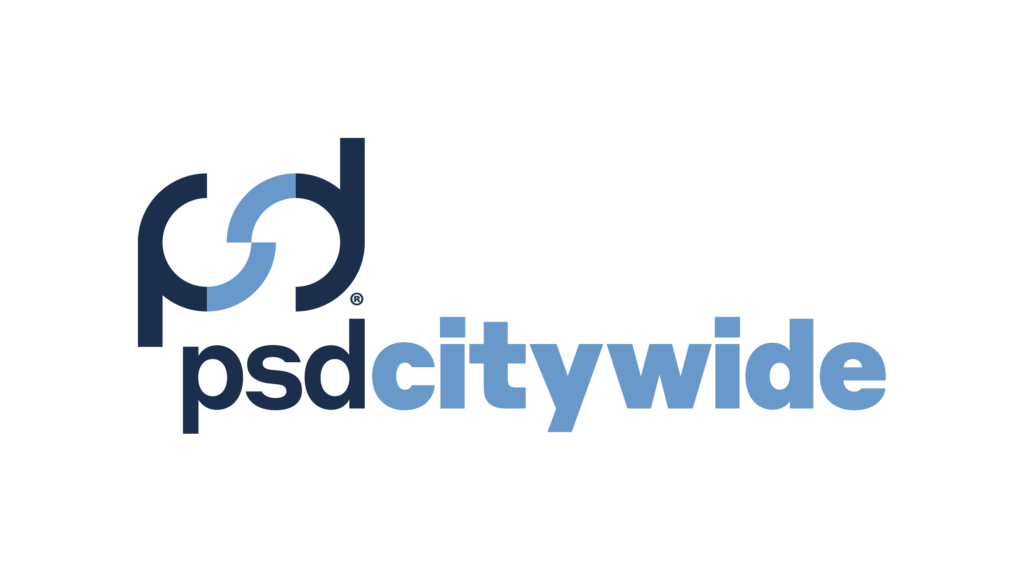As the last notes from the drum resounded across the prairie, elected officials from Beardy’s and Okemasis’ Cree Nation and the municipalities of the Twin River Planning District Commission, Saskatchewan stepped forward to sign a Friendship Agreement as a commitment to exploring opportunities to work together on solid waste management. They had been working together for less than a year when they signed their Friendship Agreement. Exemplified by the Friendship Agreement and the Community Infrastructure Partnership Project at large – to be discussed in this article – is a well-founded understanding that relationships between First Nations and municipalities ought to be solidified and strengthened.
Chief Petit of Beardy’s and Okemasis’ Cree Nation said at the Friendship Agreement signing, “The treaties were signed with that intent, to have First Nations and the newcomers work together and share the land and live together in harmony and that hasn’t been the case in a lot of towns across Saskatchewan and across Canada. I’m hoping, as I know all of us are around the table, this is the beginning of some good relationships, maybe changing some minds.” Mayor Helmuth of Rothern, SK stated, “I think there’s a significant change in the air in terms of understanding that we’re all in this together and differences from the past, they need to be faced up front and we need to get on with it.”
Changing hearts and minds was a key objective of the Community Infrastructure Partnership Project (CIPP), a project to strengthen the relationship between First Nations and local municipalities and support the negotiation of joint service agreements on solid waste. Beardy’s and Okemasis’ First Nation and the Town of Rosthern and the other municipalities of the Twin Rivers Planning District Commission was one of eleven partnerships from across Canada accepted to receive support from CIPP from 2016 to March 2018. CIPP provided free neutral third-party facilitation to select First Nation – municipal partnerships to support learning and consensus building to share municipal services, including water, sewage, solid waste, and emergency response. The project brought the communities together at a series of joint workshops involving elected officials and senior staff to discuss opportunities for collaboration, develop a vision and work plan for joint action, and negotiate agreements. Along the way, the CIPP team provided additional resources including template agreements and drafting support, information on solid waste management innovations, opportunities for funding, and encouragement to see the process through to the end.
With funding from Indigenous and Northern Affairs Canada (INAC) – now split into Indigenous Services Canada (ISC) and Crown Indigenous Relations and Northern Affairs (CIRNA) – the Federation of Canadian Municipalities (FCM) implemented the project nationally and in collaboration with the Center for Indigenous Environmental Resources (CIER) in Manitoba. CIER’s mission is to assist First Nations with building the capacity to address the environmental issues they face. FCM represents municipal interests on national issues and federal government policies and programs, with the support of almost 2000 member municipalities that speak for over 90 percent of the Canadian population. FCM President Gerbasi has said of this project, “our collective commitment to this national priority is helping pave the way toward reconciliation.” In serving as a catalyst to bring about positive change between First Nations and adjacent municipalities through CIPP since 2010, FCM was awarded the prestigious Institute of Public Administration of Canada silver medal award in recognition of outstanding leadership through the advancement of public policy in 2012.
Eight years of implementing CIPP has confirmed that building respect and establishing new or strengthening existing joint decision-making processes are fundamental building blocks for sustainable, long term, effective agreements. Poor communication between First Nations and municipalities stymies opportunities to share services and infrastructure, reduce costs, and improve environmental and social outcomes for all.
Breaking the ice between communities is often the first step. CIPP helped the communities get to know each other better, explore their differences and commonalities, learn a little of the local history, and foster open dialogue. Building a respectful relationship takes time and effort, growing over time as people become more comfortable working with each other. Rushing to conclude an agreement as a transaction independent of a sound relationship between the municipal and First Nation partners is a recipe for misunderstandings down the road. Instead, CIPP encouraged communities to think of this more as a conversation between neighbours across the back fence and work with the intention of sustaining a long-term friendly relationship. CIPP helped First Nations and municipalities find a new way of doing business, one built on the principles of sharing and mutual recognition, respect and responsibilities outlined in the Report of the Royal Commission on Aboriginal Peoples. Armed with greater respect for each other and a clear path for achieving a joint vision, the participating partnerships worked together successfully over the long term to achieve a better standard of living for their citizens and improvements for the environment.
The relationships that have blossomed through the CIPP process are heartwarming and inspiring. Municipal and First Nation staff and elected officials have bonded over shared meals, a joint love of hockey, canoe trips, or attending each other’s council and social events. Among other things, the partners worked on:
- joint feasibility studies for new regional solid waste strategies;
- requests for proposals to consolidate solid waste and recycling services; and,
- drafting solid waste, water, and emergency service agreements.
Two have started new not for profit corporations to be jointly owned and operated by First Nations and municipalities that will provide solid waste management on a regional basis.
The common denominators are lower costs, reduced solid waste, and cleaner air and water. Some partners have taken what they learned through CIPP and applied it in other joint endeavours including agreements for additional services and joint economic projects. One First Nation and a municipality have created a joint food bank that can be used by anyone from either community. Others will be collaborating on new joint water infrastructure, which will additionally reduce costs and improve services for both communities.
In February 2018, the first National Indigenous – Local Government Partnership Forum was held in Winnipeg. The Forum was organized by FCM, INAC, CIER, and Cando (Council for the Advancement of Native Development Officers), which partners with FCM to deliver the Community Economic Development Initiative (CEDI), a similar project to CIPP. Over 80 Mayors, Chiefs, and First Nation and municipal councillors, senior staff and organizations attended, most of which had participated in CIPP or CEDI. They held two days of discussions to:
- share different perspectives and suggestions for how INAC could support future relationship building and collaboration between Indigenous and Local Governments;
- explore what types of tools and resources should be made available to support that work;
- discuss how gaps and barriers can be overcome; and,
- make recommendations about how we can collectively foster a path of reconciliation going forward.
One key point emerged from all of the dialogue and activities: establishing respectful communications and building trust and common understanding via in-person gatherings are the necessary precursors to working together well.
CIPP has developed a number of tools and resources that will allow communities to carry on this work independently. On the CIPP webpage at www.fcm.ca/cipp we offer case studies and sample agreements. There are two toolkits, which can be downloaded from our website free of charge, including the First Nations Municipal Community Infrastructure Partnership Project Service Agreement Toolkit and the First Nation – Municipal Solid Waste Management Toolkit. The Service Agreement Toolkit includes information on building relationships between First Nations and municipalities, as well as templates for water service agreements and cooperation agreements. The Solid Waste Management Toolkit contains information on sustainable solid waste management systems, a template for a solid waste management agreement, and funding resources, among other things. The website also includes templates for other types of service agreements, activities for breaking the ice between municipalities and First Nations, tools for conducting full cost accounting for services, provincial regulations for solid waste management, and so much more. Readers can also check out the video on the partnership between Katzie First Nation and the City of Pitt Meadows in BC.
So, if you work for a municipality or a First Nation in either an elected or staff position, we urge you to take your neighbouring counterpart out for lunch and have a chat. It may be the start of a beautiful friendship, one that experience has shown can result in benefits for all and will leave a lasting legacy of cooperation and harmonious relations. Please see the CIPP website for more ideas on how to get started.
PEIGI WILSON is the Manager for the FCM Community Infrastructure Partnership Project, which brings First Nations and municipalities together to improve relations and develop joint solid waste management agreements. Peigi has worked with the United Nations Environment Program developing international water protection agreements, Indigenous and Northern Affairs Canada facilitating discussions between First Nations and federal officials about policy amendments to the implementation of the Indian Act, and for the Assembly of First Nations as Director, Environmental Stewardship. She has a degree in history and political science from the University of Western Ontario, a law degree from the University of Victoria, B.C., and a Master of Laws from the University of Ottawa. Peigi is a citizen of the Metis Nation of Ontario.



